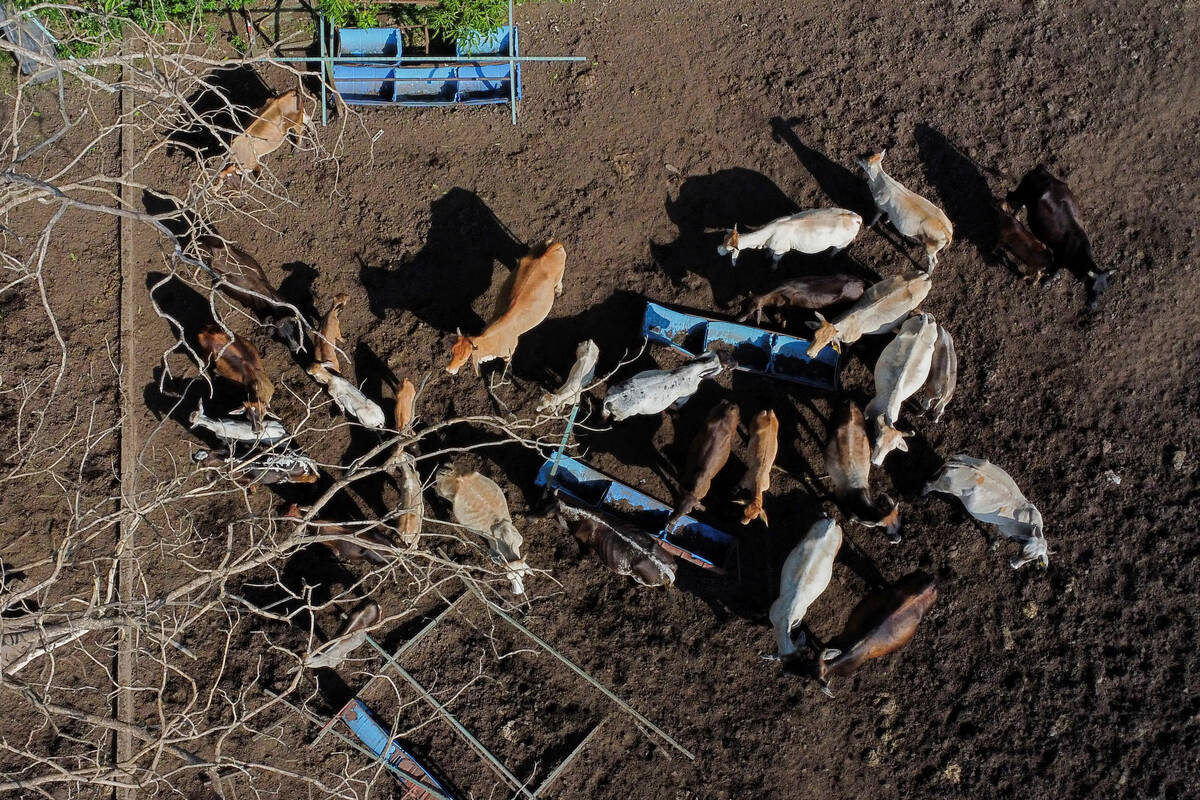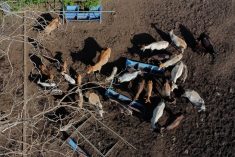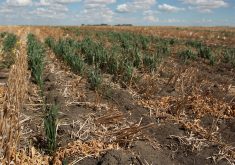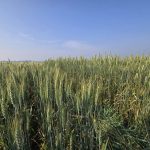Eighteen months after breaking ground, the Shape Foods plant on Brandon’s east side is bottling Manitoba-grown omega 3 flax oil for export to major supermarkets in the United States.
The 70,000 sq. foot, fully automated facility, which employs 60 people at a starting wage of $14 an hour, is capable of processing 40 tonnes of flax into 20,000 litres of oil within two days.
Built at a cost of roughly $17 million, Shape Foods’ Brandon plant is the largest operation of its kind in North America, according to Barry Comis, vice-president of operations.
Read Also

Cattle smuggling worsens outbreak in Mexico
Cattle being smuggled across Mexio’s southern border are making a screworm outbreak much more difficult to control.
The market for flax oil is booming, especially in the U.S., where sedentary lifestyles and burger-and-fried-everything diets have left 42 percent of the population suffering from some degree of heart disease, the main cause of death in that country.
Flax oil is the best dietary source of omega 3 alpha linolenic acid (ALA) – the “good” fatty acid – and many studies have shown that consuming it daily reduces cholesterol levels and arteriosclerosis, or hardening of the arteries.
“Flax oil is not a fad,” said Comis, who co-founded the privately owned company in 2004.
“We didn’t invent a sales pitch or anything like that. It’s just a natural food product that has been around for a long time. People are just becoming more aware of its value.”
Shape Foods’ products have already been accepted for listing by 60 percent of the mainstream stores in the U.S., said Comis, as consumers demand alternatives to trans fats that have been banned in many areas.
“Now there’s a big difference between having them actually finalize the contracts, but that’s generally the drift of things,” he said.
“It’s a big foot in the door. It’s virtually unheard of to go to that many distributors and not be rejected by a single one.”
All of the company’s production is going south for now, but in the future, the product could appear on Canadian shelves.
A quarter-litre bottle of the product retails for $9.99, which makes it competitive with top quality olive oil. Not a frying oil, the flax oil can be used for salads, in baking, or as a food additive in products as diverse as whey powder and yogurt. The meal byproduct from the plant is also marketed as a food ingredient.
Like the cod liver oil of yesteryear, the mild, nutty-flavoured oil can also be consumed by the spoonful, at up to a tablespoon per 50 pounds of weight per day.
“Our parents used to feed that to us. Remember that? You had to hold your nose when you took it,” he said. “Typically, all those fish oils that we got were pretty much rancid. That’s why nobody liked them.”
The secret to Shape Food’s success is its mastery of the shelf life issue, he said. With special dark bottles and a “top secret” improved production process that uses two machines that cost $1 million each, the company has been able to extend shelf life to one year or longer without using additives, preservatives or refrigeration. Once opened, the oil will last for months in the refrigerator.
“What normally happens is that people put things in to extend the shelf life because they didn’t make it right in the first place,” Comis said. “We make it right in the first place so we don’t have to put anything in.”
The company markets straight flax oil, as well as blends with locally grown sunflowers crushed at the Brandon plant and olive oil imported from Spain. When mixed together, the blends offer a full spectrum of omega 3, 6 and 9 fatty acids, he said.
The company is vertically integrated, with flax contracted by Edibo Group, a consortium of a dozen or more local growers.
Operating as Shape Foods’ procurement arm, Edibo supplies the Brandon plant with conventionally grown flax and sunflowers from 100,000 acres in the region, for which the company pays a slight premium in exchange for extra management requirements and a secure supply.
The company recently acquired a new flax cultivar developed at the Brandon Agriculture Canada Research Centre, which could be available for planting within three years.
Called Shape after the company, the new variety was selected for optimum performance in the region with higher yield, oil content and better drought resistance.














